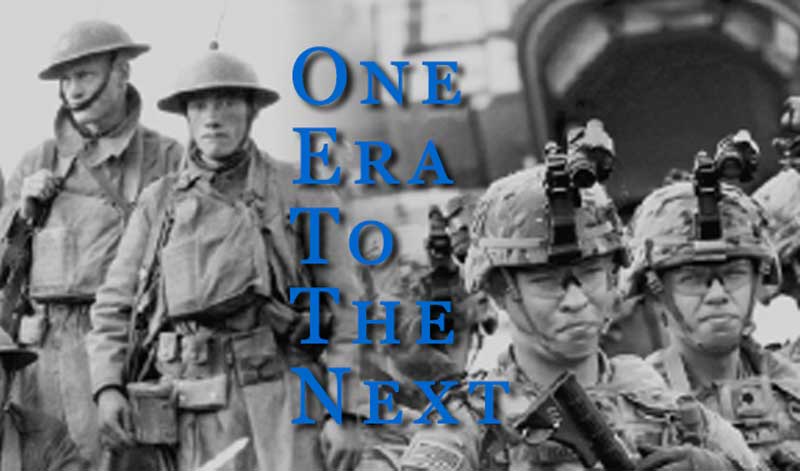The American Legion was designed to die when the World War I generation did. World War II veterans had other ideas. Then came the Korean War, the Vietnam War, Panama, Grenada, Beirut, the Gulf War and 9/11. The Legion’s role became embedded in U.S. society as the century unfolded, with programs, services and influence that touched lives through “individual obligation to community, state and nation.” It would belong to all veterans, not just those from the Great War.
The 2019 LEGION (Let Everyone Get Involved in Opportunities for National Service) Act redefined “war era” last summer. Congress and President Trump agreed that the more than 1,600 U.S. troops killed or wounded outside previously designated war eras since the end of World War II deserve recognition and American Legion eligibility.
Congressional and national convention approval are required for any changes to the Legion’s constitution and bylaws, which are necessary when membership eligibility is expanded. It took more than nine months after the attack on Pearl Harbor before World War II veterans were eligible to join the Legion; a national World War II Liaison Committee was established, and similar department and local panels were formed to determine how best to meet the needs of the new generation.
The constitution was amended again, more quickly this time, on Dec. 28, 1950, welcoming Korean War veterans. On Dec. 1, 1966, the national convention approved a resolution to extend membership to Vietnam War veterans who had served since Aug. 5, 1964, a date later pushed back to Feb. 28, 1961, although U.S. intervention in Vietnam reached into the 1950s.
The American Legion conducted panel discussions, assembled organizational committees and worked to gain an understanding of the Vietnam War generation during the turbulent 1960s. One 1969 panel discussion, filmed at American Legion National Headquarters in Indianapolis, included four Vietnam War veterans who offered suggestions to make the Legion more appealing to their peers. They suggested the organization break from the “status quo” at the time if it intended to attract new faces. In time, the Vietnam generation would become the largest war era represented in the Legion.
Aug. 24, 1982, began an American Legion membership window that stayed open through July 31, 1984, in what was known as the Lebanon/Grenada era. U.S. troops deployed to Lebanon on a peacekeeping mission following a U.S.-brokered cease-fire between Israel and the Palestine Liberation Organization; the low point of the mission came Oct. 23, 1983, when 241 Marines and sailors and 58 French paratroopers were killed in a terrorist truck bombing in Beirut. That era also included the U.S. invasion of Grenada, called Operation Urgent Fury, to topple the People’s Revolutionary Government in a four-day mission that claimed 19 American lives, wounded 337 and crashed nine U.S. helicopters.
The brief Panama-era eligibility period began Dec. 20, 1989, and lasted through Jan. 31, 1990, in recognition of U.S. military personnel who served in Operation Just Cause, the U.S. invasion of Panama that ended the regime of dictator Manuel Noriega.
The American Legion’s next membership period began Aug. 2, 1990, with operations Desert Shield and Desert Storm – essentially the beginning of Middle East operations that have been continuous through 9/11 and the global war on terrorism.
Post-9/11 veterans are now joining, leading and building on the legacy of those who served in past wars.
Immediate Past National Commander Brett Reistad announced this generation as “Team 100” during the centennial year – raising awareness about The American Legion among the nation’s newest veterans, heirs to a legacy a century in the making.
